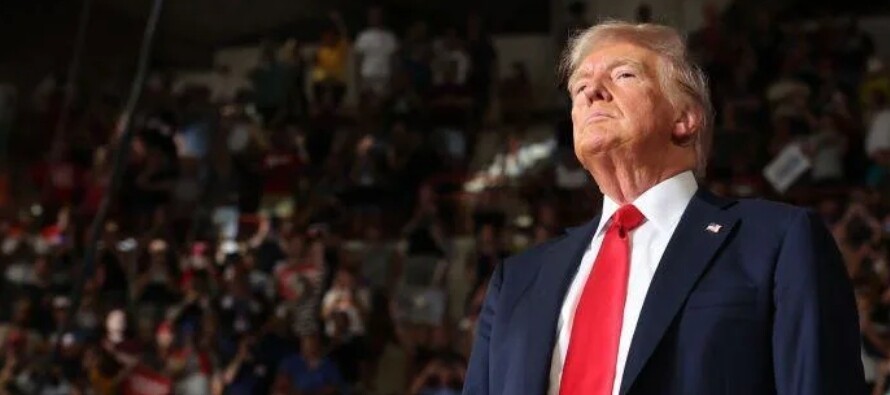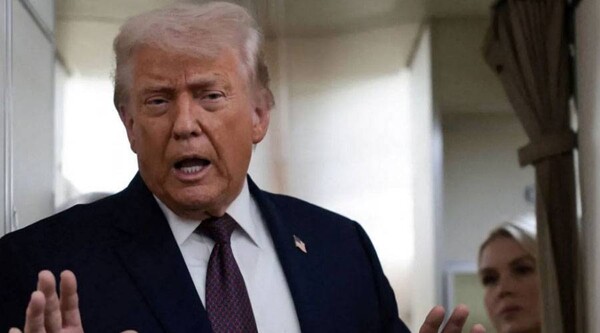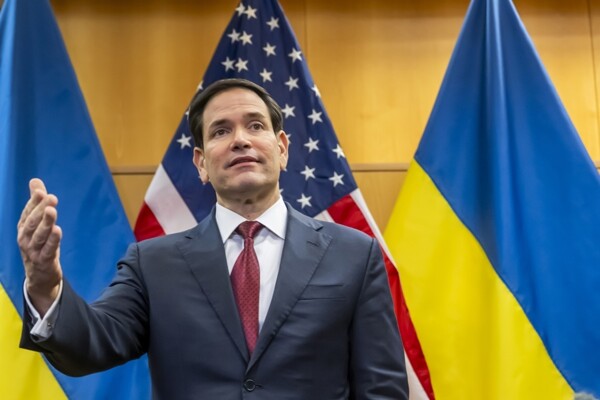
Timothy Snyder, professor of History and Global Affairs at Yale University, has stated that populism can become fascism when it resorts to practices of identifying and persecuting internal enemies. While populism operates within democratic limits, fascism is characterized by its dictatorial nature.
Snyder has repeatedly argued that former U.S. President Donald Trump is a fascist. After the events of January 6, 2021, when Trump seemed to incite his followers to attack the Capitol, many experts, including Federico Finchelstein, changed their perspective on Trump. Finchelstein argued that Trump transcended populism and now represents a fascist threat to democracy, surpassing the limits of democratic rule of law.
Richard Evans, emeritus professor at the University of Cambridge, does not consider Trump a fascist, noting that the attack on the Capitol was not a planned attempt to seize power. Meanwhile, Ruth Ben-Ghiat, professor of History at New York University, has suggested that Trump has introduced a new scenario for the emergence of fascist practices, although his adherence to communist leaders also complicates his classification purely as fascist.
On the other hand, Robert Paxton, emeritus professor of Social Sciences at Columbia University, has changed his opinion and now believes that labeling Trump as fascist is necessary. John Kelly, former chief of staff to Trump, expressed concern about the possibility that Trump could govern as a dictator if allowed.
Experts debate whether Trump fits the definition of fascist, which involves authoritarianism, ultranationalism, militarism, and the suppression of opposition, among other elements. While some believe that Trump does not exhibit typical characteristics of a fascist leader, concerns about his authoritarian potential persist, especially following the events of January 6.
Amid diverse debates and opinions, the question of whether Trump is a fascist remains open, with the invitation to not lose sight of his politics and impact on democracy, regardless of the labels used by various experts.














